That’s just fake news
March 17, 2017
Over the past several months, the term “fake news” has inundated American society. Whether related to a political issue or not, fake news is still making a negative mark in the media.
Upfront Magazine, a news source for teens and young adults, defines fake news as any kind of “fabricated story on social media.” In fact, the most prominent location for fake news is on any social media platform. As is commonly known, any individuals can post whatever they desire on social media, making it very easy for fake and unauthentic news to circulate and expand on the internet.
When asked about how fake news affects social media users’ lives, Alumni Volunteer Mr. Vince Matia replied, “People who do not read the posts and share it automatically declare it as credible.” In a society eager to jump to conclusions, the necessary time to declare a post credible or not is lacking.
Fake news sometimes dominates entire websites. Upfront Magazine states that “fake news sites -– many with official-sounding names and professional designs -– are flourishing.” Some of these websites also go under names that sound like and appear to be similar to mainstream media sites.
In fact, the charge of fake news has infected the credible and authentic broadcast stations and sites. For example, some have declared CNN News guilty of providing the public with fake news regarding President Donald Trump. While some believe fake news and its broadcast to be accidental, sophomore Drew Toth believes that “the media wants money and attention, so they can get more publicity with outrageous headlines and stories.” Toth believes that some productions of fake news stories occur on purpose.
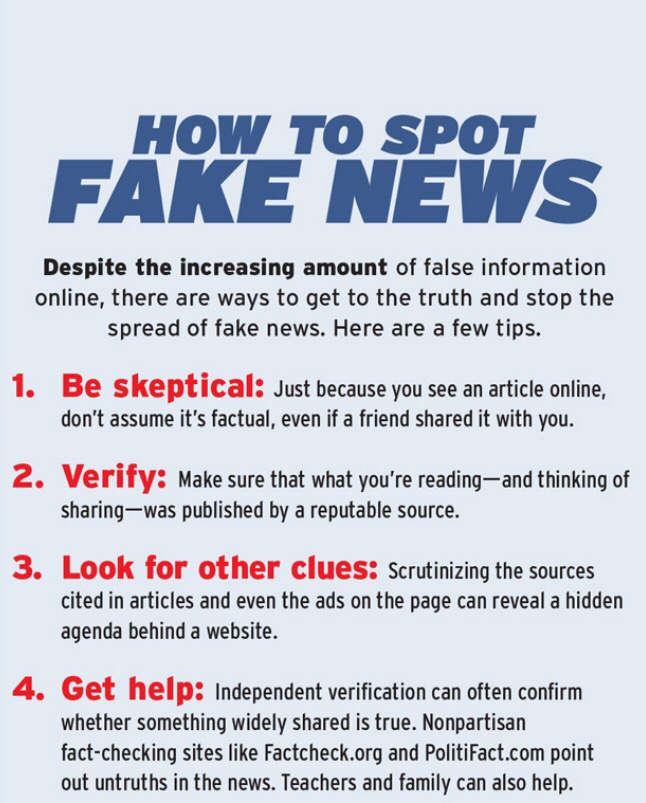
Fake news has become a prominent force in American media today. Although it can seem impossible to differentiate fact from fiction, one can follow Upfront Magazine’s “How to Spot Fake News” guide (posted with this article) for tips on how to decipher articles floating around on today’s media. As Campus Minister Miss Knox stated, “It is unfortunate that we now are second guessing the authenticity of our news.” But as men and women committed to doing justice, WJ consumers of news have a responsibility seek the truth.

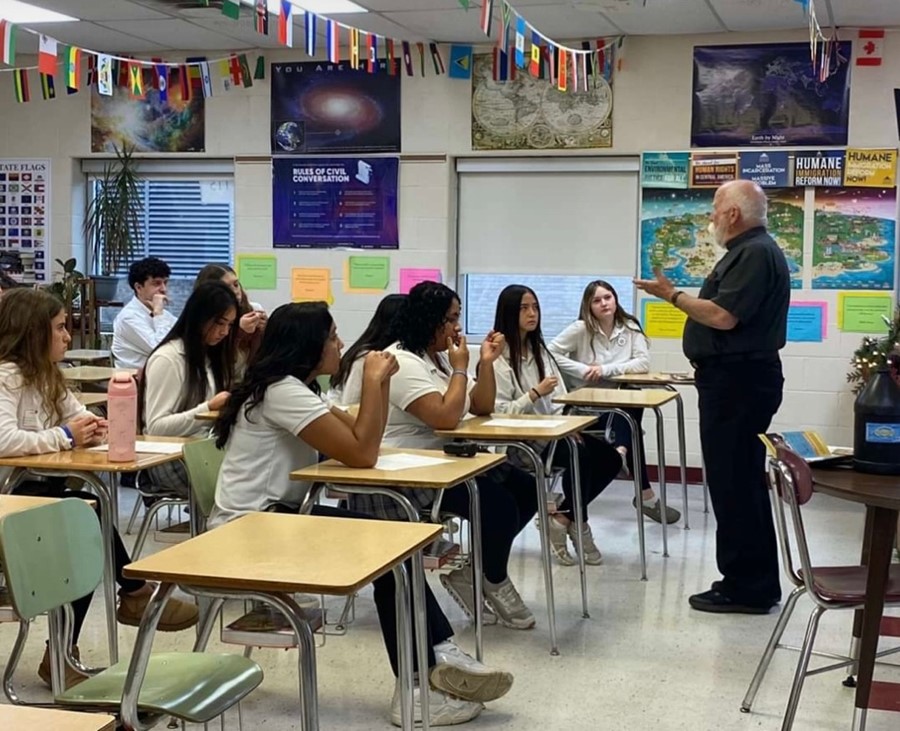
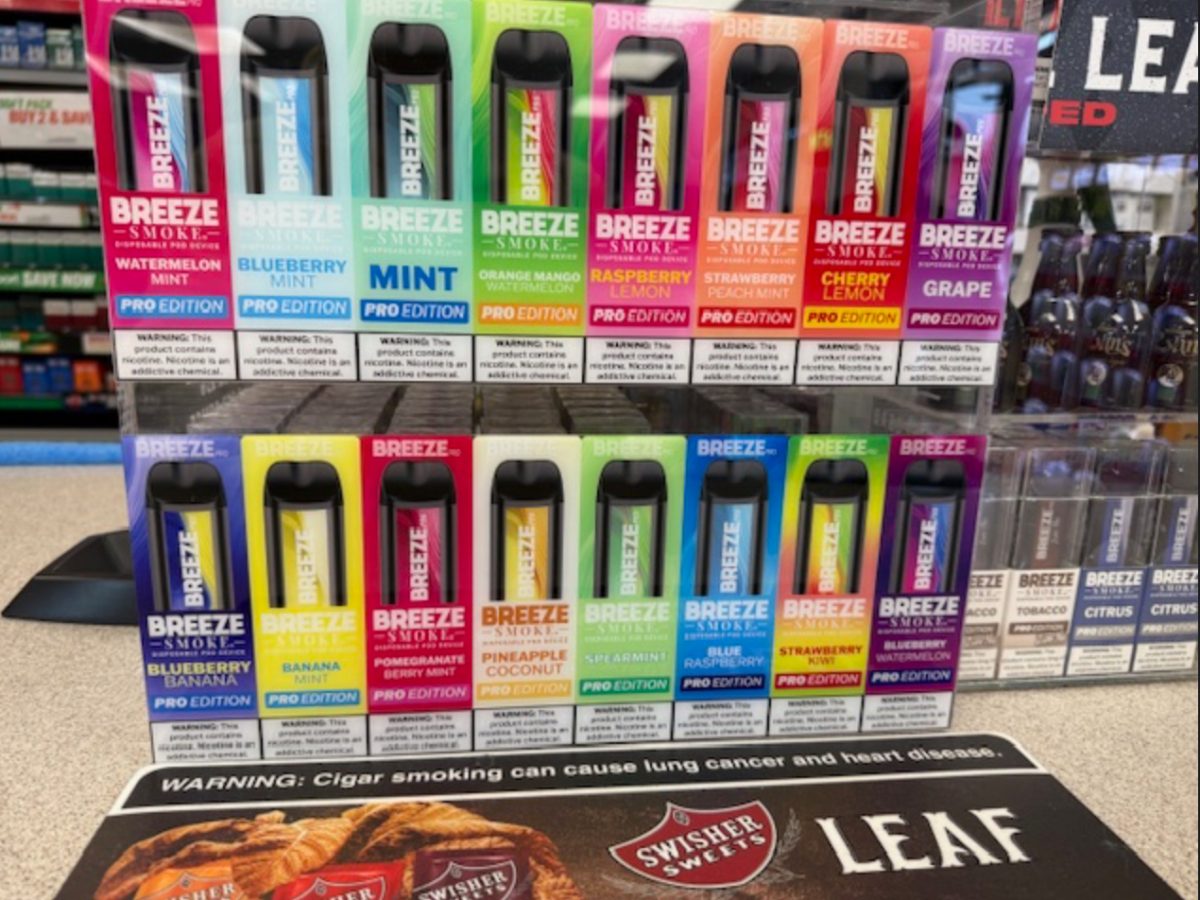



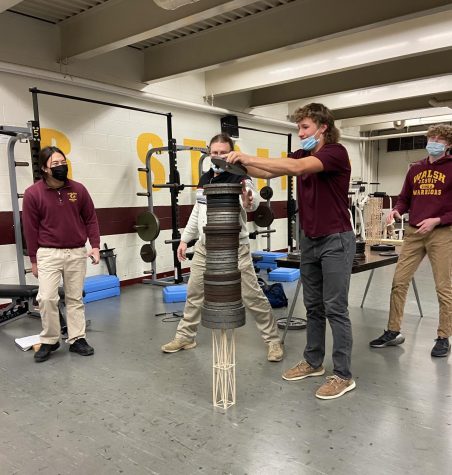
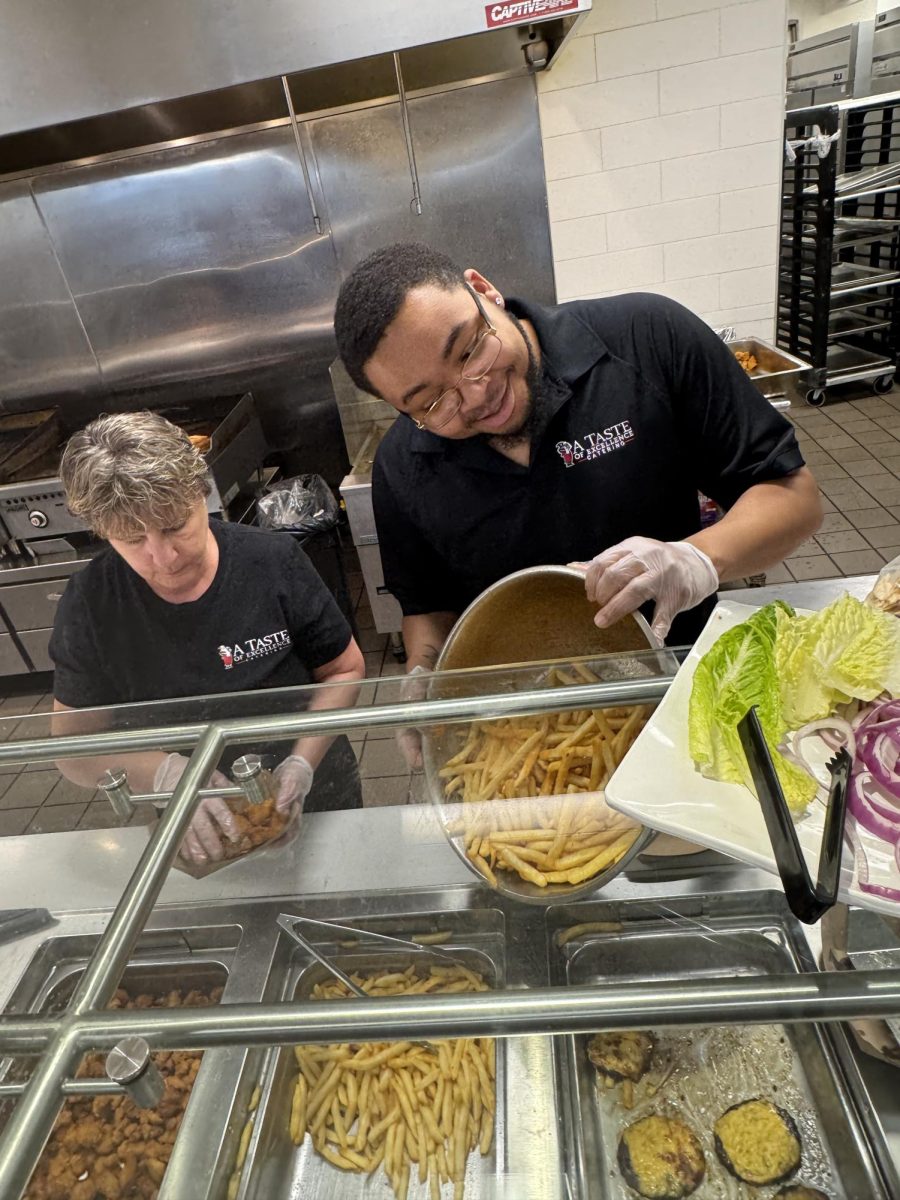
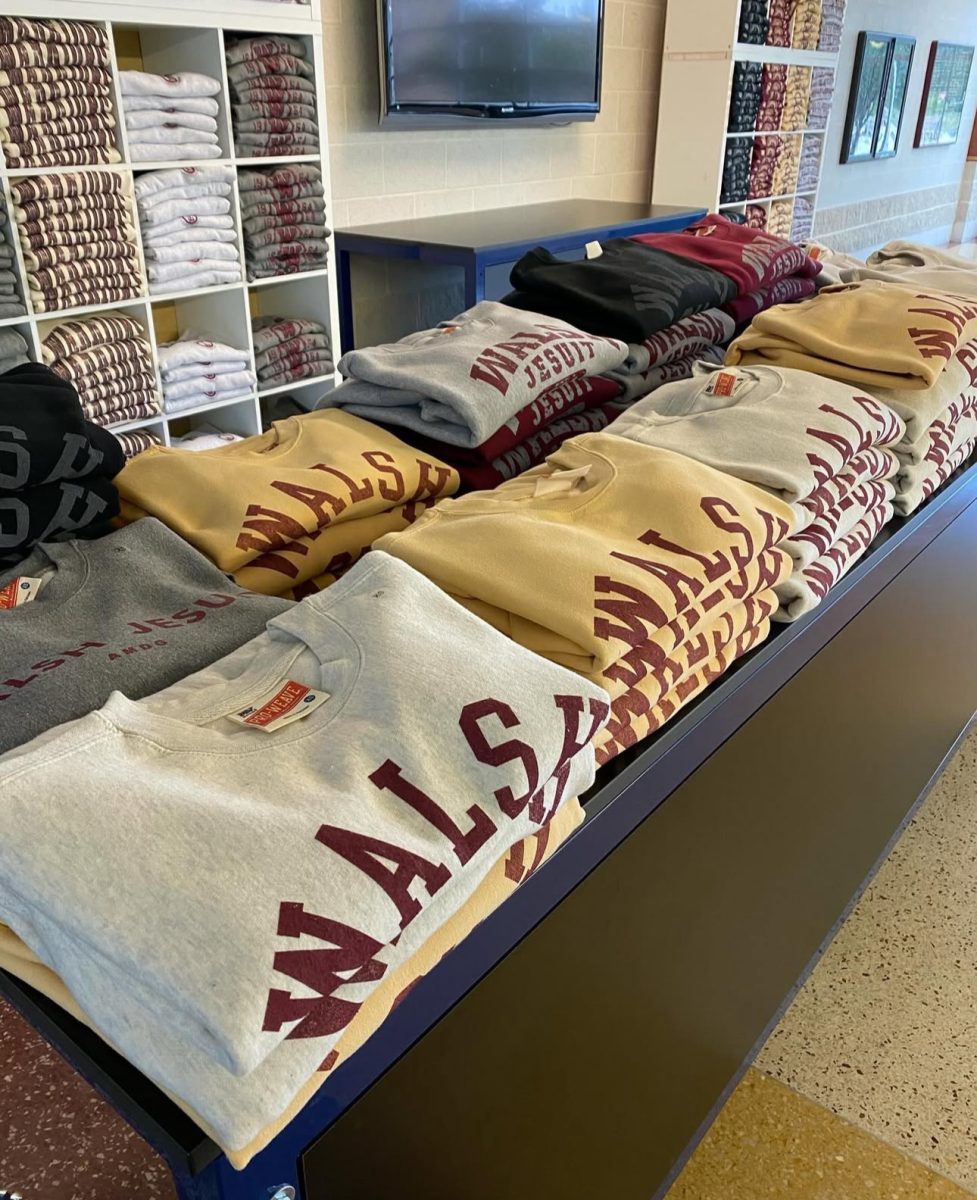


Alice Delagrange • Mar 20, 2017 at 9:01 am
Many, many years ago my Mom said, “believe half of what you see and nothing of what you hear.”
It was good advice then and holds true for the Media today.